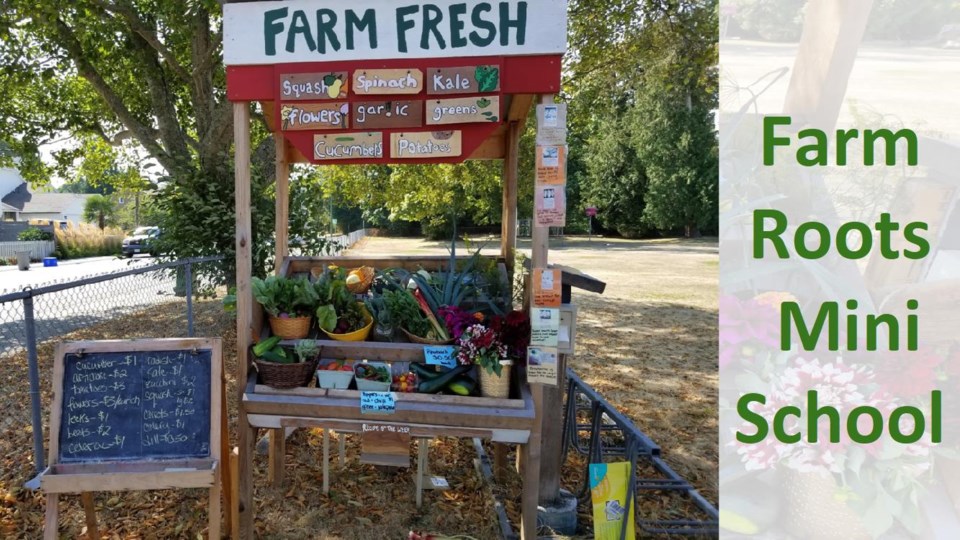On the last day before school let out for spring break, I walked into the common room at Farm Roots Mini School and reminded the kids how to properly wash their hands. They rolled their collective teenage eyes at me.
And then I turned and said to them, “Do you know who is going to become increasingly important if this pandemic goes on?” There was a palpable pause in the room followed by a ripple of pride. They knew the answer: farmers.
Farm Roots Mini School is a three-hectare (eight-acre) parcel of land nestled in the heart of Boundary Bay. Students in grades 10 to 12 are bussed in from all over the Delta School District every second day to attend school and learn about farming.
The farm boasts one acre of actively farmed land, raised beds, bee hives, mason bees and an orchard with over 20 plum and apple trees. Students run a roadside stand, sell to our local restaurants and oversee Community Supported Agriculture boxes. The farm is their classroom.
As students learn about soil and seedlings they also learn about marketing, entrepreneurship, land and food systems. And if this pandemic has driven home anything to me it’s how important farming and related industry truly is.
I’m proud the Delta School District has opted to keep the farm running and to put in a crop even in the absence of students farmers. Please keep your eye on updates in the Optimist and follow us on social media (Deltalearns.ca/farmroots, @deltafarmroots) to learn more about Farm Roots as we grow food and share growing tips through the pandemic and beyond.
Paige Hansen is district vice principal, academy programs for the Delta School District.



